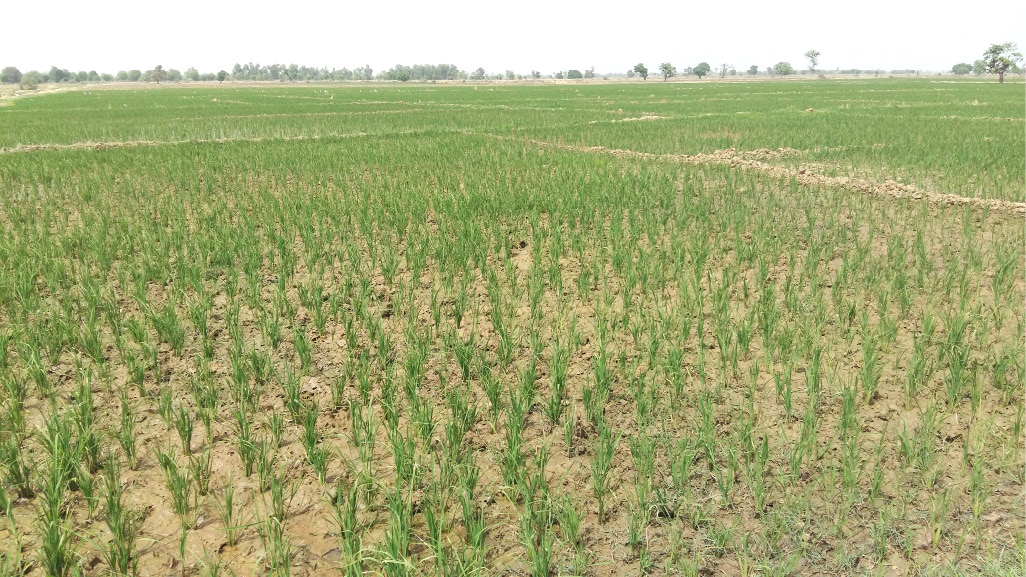Border closure should be sustained to create more agric jobs
With COVID-19 taking a huge toll on jobs and incomes, stakeholders in the country want effort to be intensified through agriculture as the most viable options to reclaim millions of jobs and revamp the nation’s agro-economy. With millions out of jobs and a growing population of about 200 million people, experts said the challenges before […]

With COVID-19 taking a huge toll on jobs and incomes, stakeholders in the country want effort to be intensified through agriculture as the most viable options to reclaim millions of jobs and revamp the nation’s agro-economy.
With millions out of jobs and a growing population of about 200 million people, experts said the challenges before the country needed a coordinated approach from all government agencies and sustenance of current policy of promoting local production.
Border closure, quarantines affecting air travel – IATA
Why we support border closure – Sen. Adamu
They see the border closure policy of the Federal Government implemented a year ago along with the many monetary policies the Central Bank of Nigeria must be sustained and intensified as COVID-19 widens poverty and job loss.
Mr Ayodele Bankole, a poultry farmer in Karu, Nasarawa State, said that the recent events created by coronavirus pandemic have proven that nations like Nigeria need to produce more locally.
“You see, since the shutdown of the international borders and airports in April, many commodities have become scarce.
“You see what the poultry farmers and other livestock farmers are going through as clear demonstration that local production must be intensified,” he said.
The shortage of maize is already threatening the livestock sector.
Until the border closure last year, foreign rice was in the Nigerian market leaving many local farmers in pains with unsold paddy.
But the closure changed the game: rice suddenly became a hot cake and many who store the product made huge fortune – even now.
Like Ayodele, Alhaji Saidu Bawa, a rice farmer, believes President Muhammadu Buhari’s agricultural policies are really working and that is what the country needs in a period like this when nation are struggling.
AFAN president, Alhaji Kabiru Ibrahim, stressed that as a nation, whether Covid-19 or not, we must have a policy of “limited protectionism” to shield and allow the local industries and farm enterprises grow in order to be self-reliance.
On rice, stakeholders however fear that recent flood disaster in the country may create problem for rice supply.
But the National President of RIFAN, Alhaji Aminu Goronyo, said more than one million farmers would be mobilized to engage in the next dry seasoning farming.
He is optimistic that Nigeria will not experience scarcity of rice paddy as a result of the disaster.
“The CBN governor had directed RIFAN to mobilise one million farmers that can quickly produce five million metric tonnes during the dry farming season commencing in November 2020, for support,” he said.
A CBN official said there was insurance premium that has been paid for every farmer that participated in the Anchor Borrowers programme so that will help recouped whatever losses, and also with the planting that will take place as soon the water reseed, the farmers will be able to come back to the business.
An extension expert, Mr Akaagbu Emmanuel, advised government to invest more in the irrigation facilities across the country because it is easier to control the element of production unlike the wet season where many farmers cannot control the element of production.
“I think CBN can also look at funding the development of irrigation infrastructure, it will keep farmers busy all year round,” he said.
